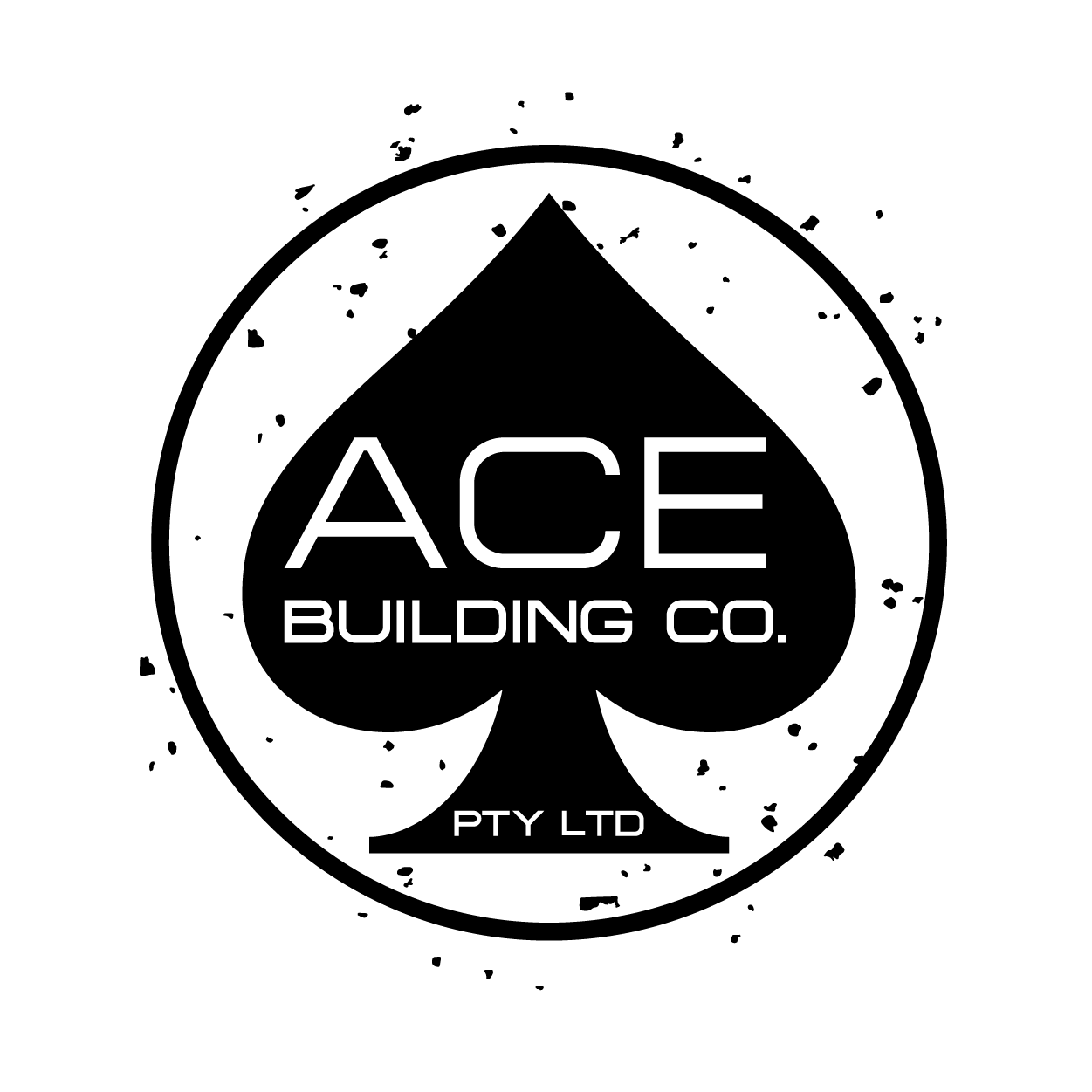Waterproofing in Newcastle
Get a Free Quote Today in Newcastle!
Residential
Renovations
New-Builds
Commercial
Newcastle Waterproofing
Waterproofing is a non-negotiable component of any long-lasting structure, particularly in regions like Newcastle where heavy rainfall, coastal humidity and clay-based soils can accelerate water damage.
When water penetrates a building—whether through a basement wall, bathroom floor or cracked facade—it can cause structural decay, mould growth and interior damage. Effective waterproofing creates a continuous barrier that stops moisture before it enters, ensuring long-term protection for residential and commercial properties alike. Properties often require a combination of above- and below-ground treatments, including membranes, sealants and drainage systems tailored to site conditions. The right approach depends on building age, construction materials and intended use of each area. Legend Waterproofing applies advanced systems that perform in all of these settings with a focus on durability and compliance.
For professional waterproofing in Newcastle, call Legend Waterproofing today on 0412 618 073.
Our Services
General Waterproofing
Our general waterproofing solutions in Newcastle are designed to protect homes and commercial properties already in use. We seal roofs, walls, floors and below-ground areas with targeted systems that resist moisture intrusion and damage.
New-Build Waterproofing
New-build waterproofing in Newcastle is applied during construction to critical areas like wet zones, basements and balconies. Our systems are integrated with building processes to ensure long-term structural durability from day one.
Renovation Waterproofing
Renovation waterproofing in Newcastle targets high-risk areas exposed during building upgrades. We replace outdated membranes and improve protection to support new finishes and maintain compliance.
Why Choose Us?
Our experience, quality, and professionalism make us the go-to waterproofing team in Newcastle.
- Over 22 Years of Industry Experience
We bring knowledge developed over hundreds of successful projects to every job. This experience ensures efficient service and excellent outcomes across a range of site conditions. - Compliant and Certified Waterproofing Systems
Our work meets all Australian Standards and NCC guidelines. This means your waterproofing is not only effective but also legally compliant. - Tailored Solutions for Every Build Stage
We assess each project individually to apply the most appropriate methods. Whether it’s a fresh slab or a finished structure, we’ve got it covered. - Exceptional Local Knowledge
We understand how Newcastle’s coastal air, clay soils and rainfall patterns affect water ingress. This insight allows us to plan and apply long-term waterproofing strategies that work.
Get a Free Quote Today in Newcastle!
Frequently Asked Questions
What areas of a property typically need waterproofing?
Common areas that require waterproofing include basements, rooftops, bathrooms, balconies and retaining walls. These areas are most prone to water exposure and structural movement. Waterproofing helps prevent leaks, mould, and material degradation over time.
How long does a waterproofing system last?
Most waterproofing systems last between 10 to 20 years, depending on the materials used and the conditions they’re exposed to. UV exposure, foot traffic, and building movement can shorten lifespan. Regular inspections and timely repairs help extend the effectiveness of your system.
Is waterproofing mandatory for all builds?
Yes, waterproofing is a requirement for specific areas under the National Construction Code in Australia. Wet areas such as showers and external balconies must have compliant membranes installed. Non-compliance can lead to failed inspections and costly rectification work.
Can waterproofing help prevent rising damp?
Yes, appropriate waterproofing methods such as damp-proof courses and negative-side treatments can significantly reduce rising damp in older properties. These systems block moisture from seeping through foundation walls and slabs. Additional ventilation and drainage may also be recommended for long-term control














